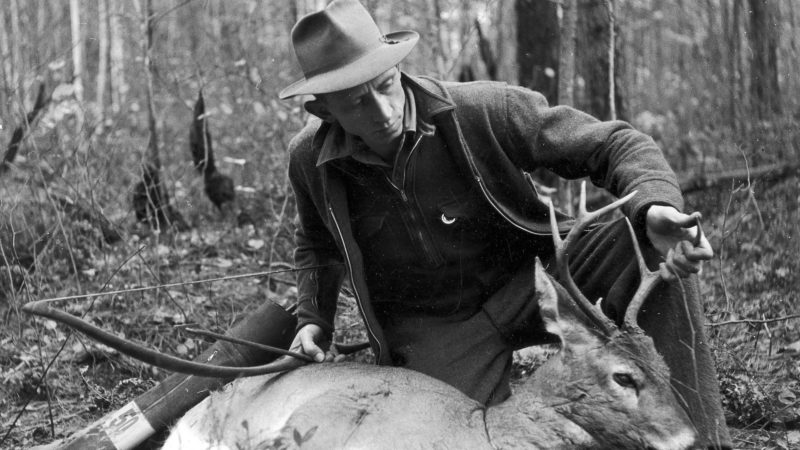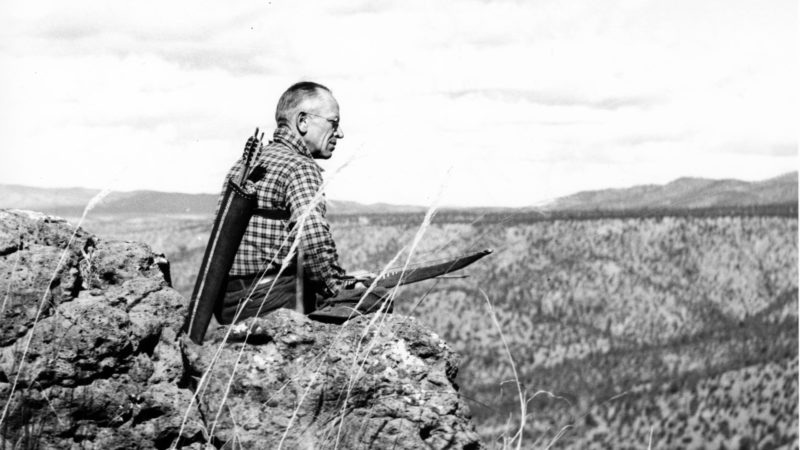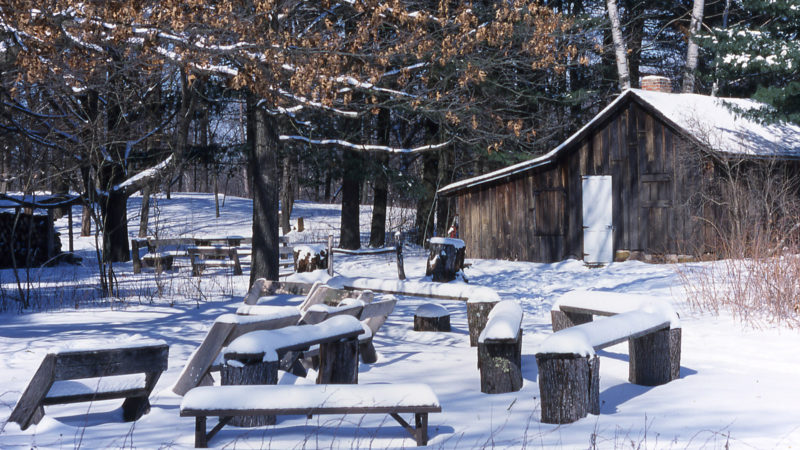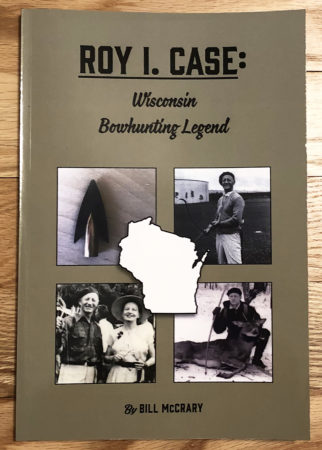As bowhunters resume their backyard practice and look ahead to fall, they might pause to appreciate the fact that their special hunts have less than a century of tradition in North America.
They might also take pride that no other nation on Earth offers as many archery-specific hunting seasons as offered now in the United States. Even so, modern bowhunting didn’t begin until Wisconsin debuted its annual archery deer season in 1934.
Although Wisconsin first allowed archery equipment for deer hunting during its 1930 firearms season, the state didn’t create its bow-only hunting season until four years later.
That first bowhunting season lasted only five days, and was restricted to Sauk and Columbia counties in the southern part of the state.

Wisconsin then added counties and days to its archery deer season in the years that followed, until making it a statewide bowhunt in 1949 and adding a late archery season in December 1953.
The man credited as the father of Wisconsin bowhunting was Roy Case, who in 1927 organized the state’s first archery club in Racine. The same year, Case organized the Midwest Archery Association and served as its first president.
In 1930, Case received a special archery permit from the Wisconsin Conservation Commission — forerunner of the Department of Natural Resources — and used his bow to kill a spike buck in Vilas County during the firearms season.
By demonstrating that archery gear was lethal for deer hunting, Case helped persuade the state to allow archery equipment during the firearms season starting in 1932.
Meanwhile, Case kept trying to create an archery-only deer season. Joining him in the cause were legends like Aldo Leopold , a wildlife professor at the University of Wisconsin-Madison; Fred Bear, an archery industry pioneer from Michigan; and Larry Whiffen, a prominent archery promoter and manufacturer from Milwaukee.
Their combined efforts brought about the modest 1934 bow-hunt in Sauk and Columbia counties. Only adult bucks were legal during that hunt, and the license cost $1. Otis Bersing, a Wisconsin deer hunting historian, wrote that 40 archers participated in the season.
In his 1949 book “Fifteen Years of Bow & Arrow Hunting in Wisconsin,” Bersing wrote that the first hunt’s “participants were a small group, viewed tolerably, looked upon as queer, and at times ridiculed. They reported a kill of one lone buck.”

That 1934 bowhunting contingent included an eight-man crew led by Leopold. His group included four family members and some colleagues from UW-Madison. They hunted the sandy Wisconsin River bottomlands near Baraboo, and their camp consisted of straw beds inside Leopold’s 10-by-12-foot army tent. The men didn’t bring home a deer, but they got five shots, two taken by Leopold himself.
By 1941, Wisconsin’ bowhunting season stretched 30 days and expanded to 48 counties, but only bucks were legal game. That same year, Case helped organize the Wisconsin Bowhunters Association, which remains active today with several thousand members.
In 1942, Wisconsin’s archers were required to wear numbered back tags, and their bows were required to have a minimum draw weight of 40 pounds. In 1943, the bag limit was changed to one deer, male or female, and the license fee rose to $1.50.
In 1945, half the clothing worn by bowhunters was required to be red or orange. The state abolished that law in 1951. In 1946, crossbows were outlawed for hunting deer or bear, but that restriction was abolished in 2014.
By 1956, the statewide archery season lasted 81 days, with the late season sometimes lasting until Jan. 13. The shortest the archery season has been since 1956 was 80 days in 1959.
Flash forward to today: The 2021 bow season will last 114 days, the longest in history. It will likely attract around 250,000 participants, and result in a statewide deer kill of about 90,000.

Today, of course, every state in the nation has bowhunting seasons tailored to specific big-game species, and many bowhunters hunt exclusively with archery gear.
Just think: It all started with one bowhunter killing a spike buck over 90 years ago. We should stop a second and thank Roy Case for his vision and determination. We might not be enjoying such long, memorable bowhunts were it not for him.

To learn more about Case, contact bowhunting historian Bill McCrary ([email protected]) Forest, Wisconsin. McCrary recently wrote a book titled: “Roy I. Case: Wisconsin Bowhunting Legend.”

 By
By 



